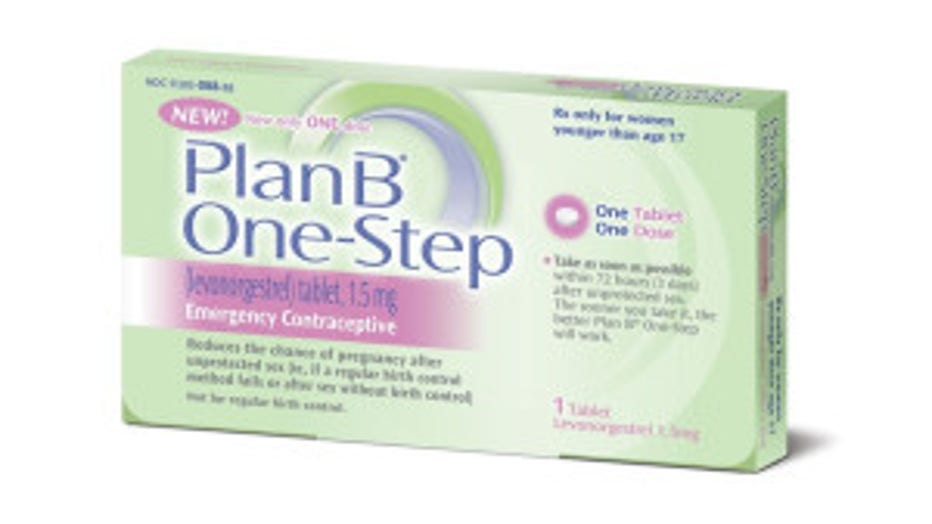Feds drop challenge to 'morning-after' pill sales to minors
WASHINGTON (CNN) -- The Justice Department said Monday it will no longer challenge a federal judge’s ruling allowing minors to obtain the "morning-after pill" over the counter.
Sen. Patty Murray, D-Wash., said in a statement issued afterward: "After far too long of a delay, science has prevailed. Today's move by the Administration means the safety and effectiveness of Plan B, not politics, will dictate access. Plan B is an essential part of women's basic health care and this letter to the court is a major step in keeping it that way."
U.S. District Judge Edward Korman had ruled in April that the government must allow over-the-counter sales, and a federal appeals court rejected the administration's challenge to that ruling last week. The administration had been criticized by some women's rights groups for trying to stop contraception sales to underage females.
In a Monday letter to Korman, Justice Department attorneys said the Food and Drug Administration and the Department of Health and Human Services had agreed to make the single-pill version of the drug available "without age or point-of-sale restrictions."

"It is the government's understanding that this course of action fully complies with the Court's judgment in this action," the letter states. "Once the Court confirms that the government's understanding is correct, the government intends to file with the Circuit Court notice that it is voluntarily withdrawing its appeal in this matter."
The FDA has asked the maker of the single-pill emergency contraceptive known as Plan B One-Step to submit a new request for over-the-counter approval, the letter states. The agency "will approve it without delay" once filed.
But the FDA won't allow girls to obtain a two-pill version of the drug, saying there is less safety data available on the use of the product by younger adolescents.
The key ingredient in Plan B is the synthetic hormone levonorgestrel, which can prevent fertilization or prevent a fertilized egg from embedding in the uterus. Emergency contraceptives are intended for use within 72 hours after sex but are most effective if taken within 24 hours.
The FDA announced two years ago there would be no limits on over-the-counter sales of morning-after pills. But Health and Human Services Secretary Kathleen Sebelius unilaterally ordered the age and prescription restrictions, prompting lawsuits.
Korman had criticized what he called "nonsensical" government rules that he said unfairly favored the single-pill version over the cheaper, generic two-pill version. Under current policies, prescriptions are still needed for the generic version for those under age 17.
Supporters of Korman's ruling called it a landmark decision, while opponents raised concerns about safeguards being eliminated.
The FDA said in May that it was changing its regulations, allowing sales by a private pharmaceutical firm, Teva Women's Health, to those 15 and over without a prescription. Only those 17 or older were previously allowed to buy the contraceptive.
Many developed countries require a prescription for oral contraceptives, including Canada and most of Europe. Other countries sell the pill without a prescription.

